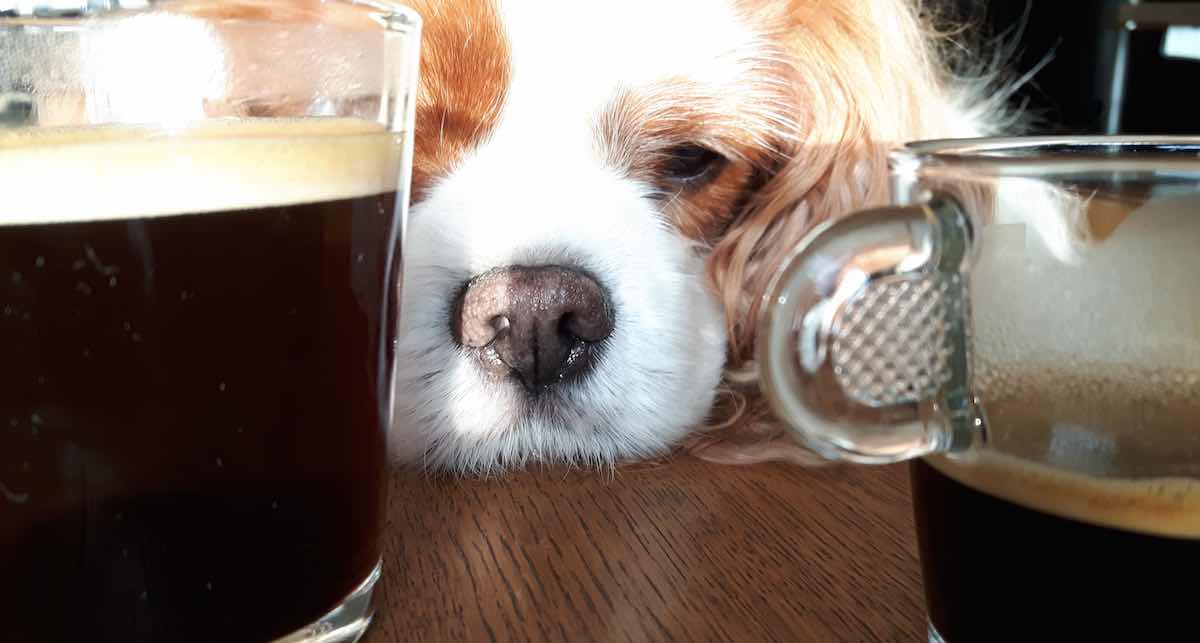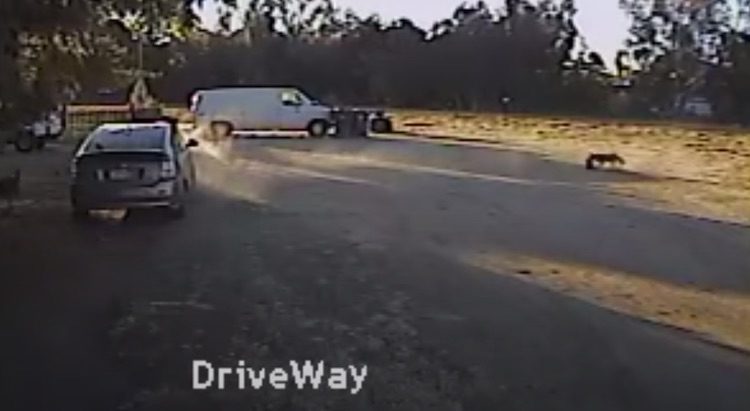Toxic Foods for Dogs – Drinks and Beans
Dogs are experts in sniffing out smelly, tasty food lying around and quickly gulping it down before you can snatch it away. They’ll also raid cupboards, fridges and garbage cans without you seeing. Then there are many people who want to spoil a dog by feeding them their table scraps.
But not all foods are “dog-friendly”. Knowing what foods are toxic to dogs is helpful in preventing accidental poisonings.
Here is a helpful list of foods for your dog to avoid and what to do if they do happen to eat it.
In this part we cover beans (like cocoa/chocolate) and drinks that can be toxic to dogs. To read about potentially toxic fruits, vegetables and nuts click here. To read about harmful and potentially toxic meats and fish click here. To read about potentially toxic ingredients click here.
Please remember, if you suspect your dog has ingested a toxic food, seek veterinary attention immediately.

Chocolate and Cocoa
Chocolate and cocoa contain a chemical called theobromine that is toxic to dogs and affects the heart, lungs, kidney and central nervous system. Pure baking chocolate or very dark chocolate is most toxic, while more diluted forms, such as milk chocolate or cocoa butter require much more to be ingested to cause harm. A 20 pound (9 kg) dog can be poisoned after consuming about 2 ounces (56 grams) of baking chocolate, but it would take nearly 20 ounces (566 grams) of milk chocolate to cause serious harm. Note: some dogs may be more sensitive and react with lesser amounts than the quantities stated above.
Symptoms: hyperactivity, excitement, tremors, seizures, vomiting, diarrhea, abnormal heart rate, “drunken” walking, hyperthermia and coma.
Possible Outcomes: Damage to heart, lungs, kidney organs, and coma or death.
Action: Take your pet to a vet immediately. The vet may induce vomiting or perform gastric lavage. Activated charcoal may be administered along with aggressive supportive care with fluid therapy and medications.


Caffeine (coffee, tea) and caffeinated items (such as energy drinks)
Caffein is similar to the toxic chemical theobromine found in chocolate, caffeine can damage the heart, lungs, kidney and central nervous system. A lethal dose is considered to be around 70 mg per 1 lb body weight (150 mg / kg body weight). As an example, instant coffee contains over 60 mg caffeine per teaspoon. So, the lethal dose of caffeine for a 15 lb (6.8 kg) dog would be 17 teaspoons of instant coffee. Stronger coffees such as Turkish coffee, percolated coffees, and energy drinks would take much less to become toxic for a dog.
Symptoms: hyperactivity, excitement, restlessness, and vomiting. These can be followed by panting, weakness, rapid heart rate, drunken walking, muscle tremors and convulsions.
Possible Outcomes: Damage to heart, lungs, kidney organs, heart attack, coma or death.
Action: Take your pet to a vet immediately if you suspect a toxic dose. The vet may induce vomiting or perform gastric lavage. Activated charcoal may be administered along with aggressive supportive care with fluid therapy and medications.


Alcohol
Alcohol contains ethanol, a seriously toxic chemical compound to dogs that causes central nervous system and respiratory depression. Only small amounts of ethanol can cause toxic effects. Ethanol is rapidly absorbed into the dog’s system, so it is important to seek medical attention quickly. Inducing vomiting usually will not help.
Symptoms: sedation, depression, lethargy, weakness, drunken gait and hypothermia.
Possible Outcomes: intoxication, liver failure, coma, seizures and death.
Action: Fast intervention needed. Take pet as soon as possible to vet or emergency clinic. The vet will treat with aggressive supportive care with fluid therapy and medications.


Beer and Hops
Hops is used in the brewing of beer. Toxicity can occur both before, and after the hops has been used in brewing. Dogs particularly like hops soaked in sweet wort. Greyhounds and labradors are particularly sensitive to hops poisoning. Small amounts of hops can trigger a reaction.
Symptoms: malignant hyperthermia, carbon dioxide levels in blood increase dramatically, high fever (up to 108 degrees), heavy panting, rapid heart-rate (up to 200 beats per minute)
Possible Outcomes: dangerous fever, blood toxicity, death
Action: Fast intervention needed. Take pet as soon as possible to vet or emergency clinic. The vet will likely induce vomiting and treat with aggressive supportive care with fluid therapy and medications. You may find that your vet is unfamiliar with hop toxicity. If necessary, contact an Animal Poison Control Center while at your vet, so they can offer professional advice to your vet.






